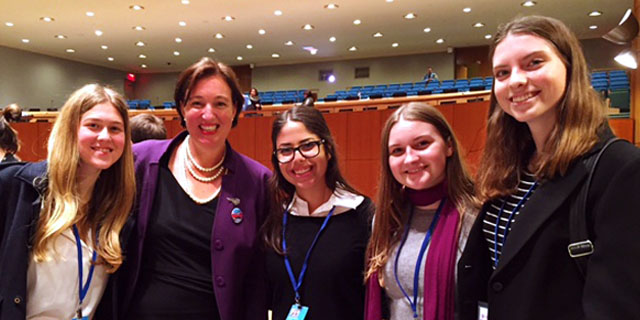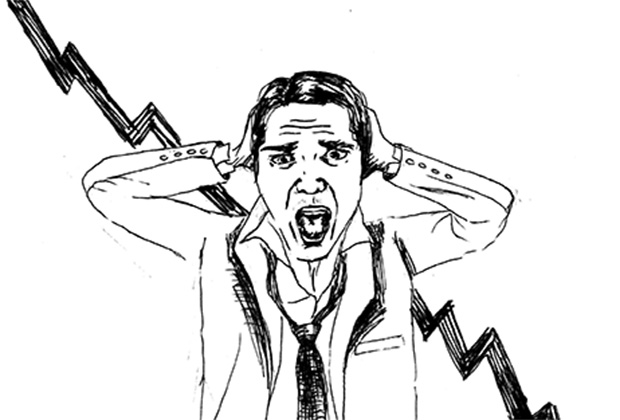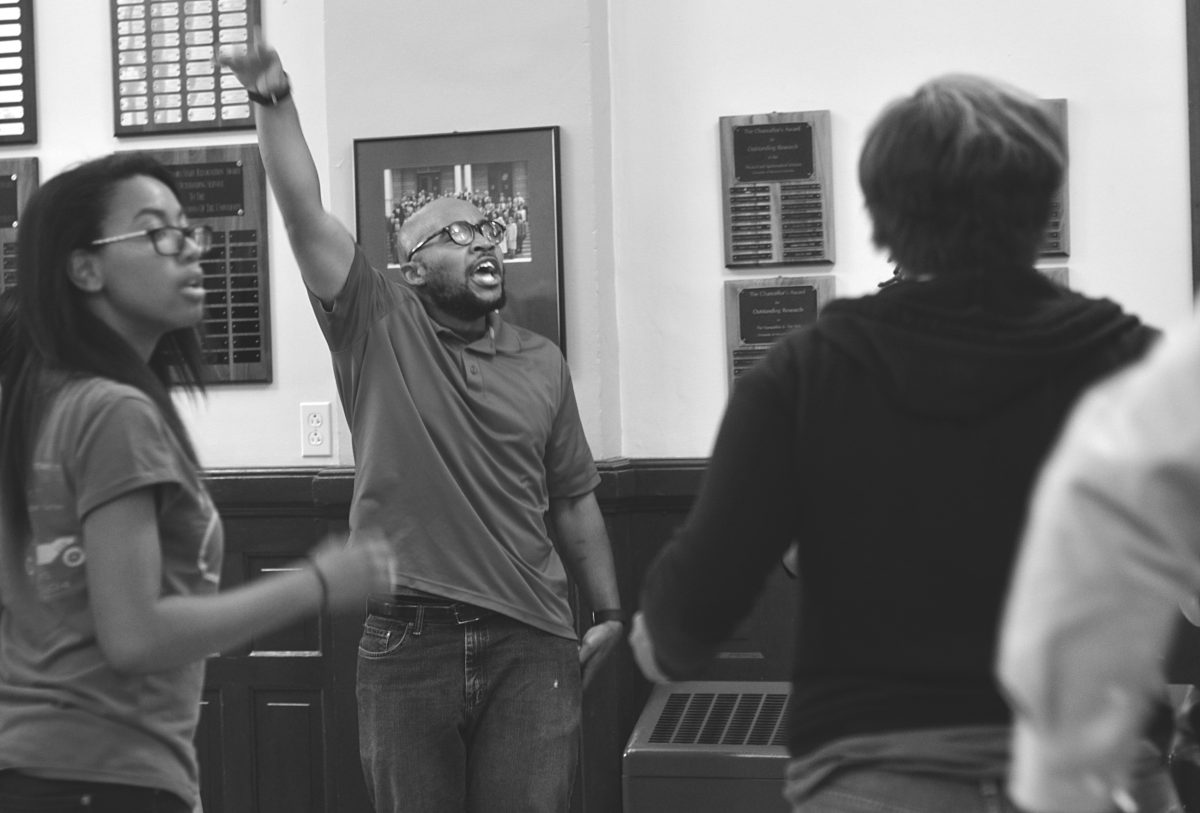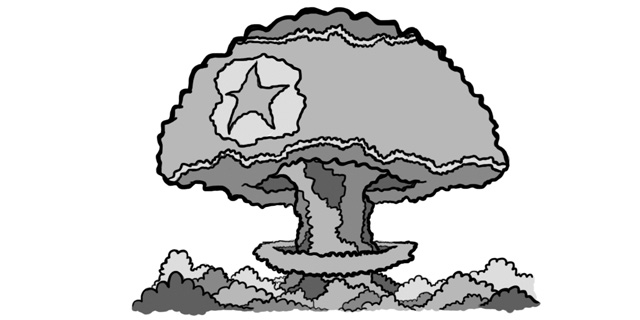
By: Isabel ’14
Trayvon Martin was shot and killed in Sanford, Florida. His killer was 28-year old George Zimmerman, self-appointed neighborhood watchman, who claimed to be acting out of self defense and was initially not even taken in for questioning. Florida’s “Stand Your Ground” law, which will protect Zimmerman, should his statements prove true, allows for the use of deadly force in self defense, allegedly to reduce violence and protect citizens. However, “Stand Your Ground” has ultimately promoted the violence it claimed to prevent, by providing a rationale for one to pull a weapon and therefore an excuse for murder.
In 2005, Florida became the first state to expand the “castle doctrine,” the concept that one could use deadly force, namely a gun, to defend his or herself. Under 776.013 of Florida law, known as “Stand Your Ground,” a person can use deadly force against an attacker any place he is legally allowed to be, from a store or park to the gated neighborhood Zimmerman patrolled in February. And yet the death of African- American Martin quickly became about race and racial profiling. At an Apr. 11 news conference Martin’s parents, Tracy Martin and Sybrina Fulton, discussed their son’s death in terms if not of racial discrimination then of coming together, regardless of race. Fulton thanked supporters from her heart to theirs “because a heart has no color—it’s not black, it’s not white,” and Martin vowed, “we will continue to hold hands on this journey—black, white, Hispanic, Latino.”
President Obama strikingly turned the national attention towards the issue of race in Martin’s death when, pressed to comment on the shooting, he said, “If I had a son, he’d look like Trayvon.” Obama was in an unenviable situation, having been criticized by black leaders for not responding quickly enough to Martin’s death. And undoubtedly racial profiling played a role in Zimmerman’s characterization of Martin as a threat, or “up to no good,” as he phrased it in his call to the Sanford police dispatcher.
But regardless of the fact that Trayvon Martin was black, Zimmerman had a legal precedent that allowed him to fire his weapon out of self-defense. And should he be able to prove in court that he acted against a legitimate threat to his safety he will most likely face no consequence for the murder he committed.
Reports of what actually happened between Martin and Zimmerman—who called for help, who struck the first blow—are confused. Public opinion has already convicted Zimmerman as guilty of unprovoked murder. But even if Zimmerman acted out of self-defense, even if Martin slammed Zimmerman’s head into the ground, as Zimmerman claimed he did, the act George Zimmerman committed remains legal but morally unjustifiable.
The act of murder is a disproportionate response, even in defense of one’s personal safety, or of his or her home and possessions. Moreover, “Stand Your Ground” provides a flimsy defense for d e f e n d a n t s charged with murder and a weak rationale for excusing deadly violence. From 2004, the year before “Stand Your Ground” became law, eight homicides were de
determined justifiable, or without criminal intent, by the authorities. In 2010 the number rose to 40.
Rather than preventing violence and crime, “Stand Your Ground” has legalized them. Nowhere has the law’s bloody track record been made clearer than in the death of Trayvon Martin.






